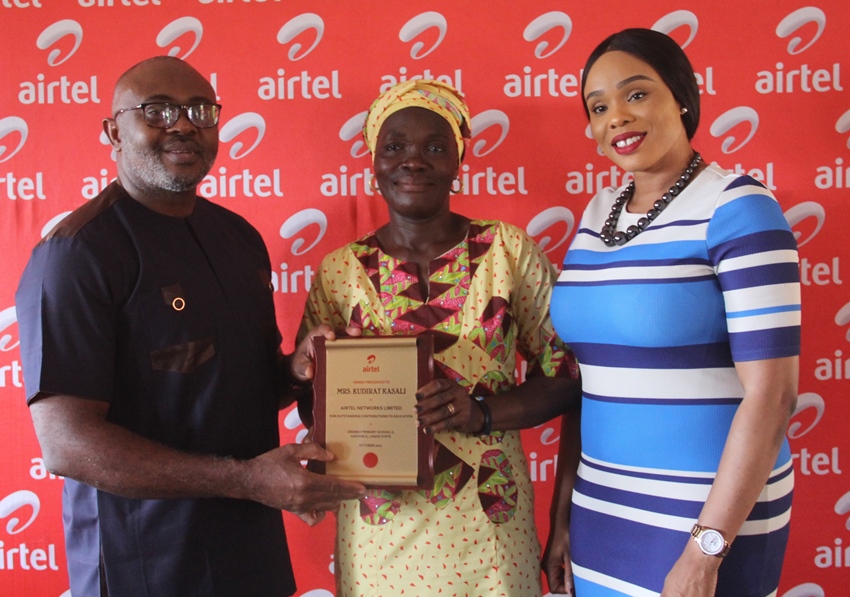Nigeria set up National Advisory Committee on animal genetic resources

The National Biotechnology Development Agency (NABDA) has set up a National Advisory Committee to look into ways to improve local breed and control of animal genetic resources.
The committee was constituted in Abuja, recently during a workshop on National Strategic Stakeholders Engagement on Animal Genetic Resources organised by the agency.
Inaugurating the committee, John Taiwo, the Acting Director of the Department of Animal Husbandry Services, Federal Ministry of Agriculture said the event became necessary as about 30 percent of animals slaughtered in Nigeria were imported from neighbouring countries.
According to him, Nigeria joined the world to sign the agreement on Global Action on Genetic Resources in Switzerland in 2007 but has yet to start its implementation.
“The global plan of action is the outcome of a country-driven process of reporting, analysis and discussion, which also resulted in the preparation of the state of the world’s animal genetic resources for food and agriculture.
“The National Strategy and Action Plan for Animal Genetic Resources is a subset of global plan of action which provides an agreed international framework”, Taiwo said.
He said that it became necessary as the country still imported 30 percent of its stock from neighbouring countries.
He therefore tasked the committee to come up with a workable plan that could build capacity and the animals’ genetic value chain.
NABDA Director General, Prof. Lucy Ogbadu said the workshop was to put up a country plan of action in animal genetic resources management with a view to improving livestock.
“Experts, professional bodies and regulators in the sector to are to form network of active practitioners in this sector to ensure that we improve the livestock industry in the country.
“Forming a synergy to know who is doing what and with which livestock.
“There are different livestock including goats, sheep, quails, rabbits, snails among others for the experts to know in each sector, “she said.
The coordinator of the workshop, Dr Popoola Mustapha explained that 10 years ago Nigeria joined 109 countries that signed the inter-linking agreement on the conservation of animal genetic resources, sustainable use and their development.
Mustapha noted that the nation needed to improve local breed to stop genetic erosion.
“We can enhance our productivity through many artificial productive techniques, including artificial insemination and we can look at solving the problem of uncontrolled importation of semen.
“We need to engage all the stakeholders, people in livestock, people from industries and international organisations.
“We are going to form the national advisory committee as recommended by FAO for all the countries that are signatory to that agreement,’’ he added.
Such action, the coordinator said would lead to implementation and setting up of national advisory committee for the country to be recognised globally.
He maintained that the Federal Government ought to show its political will to support livestock sector the same way it had done in the crop sector.








